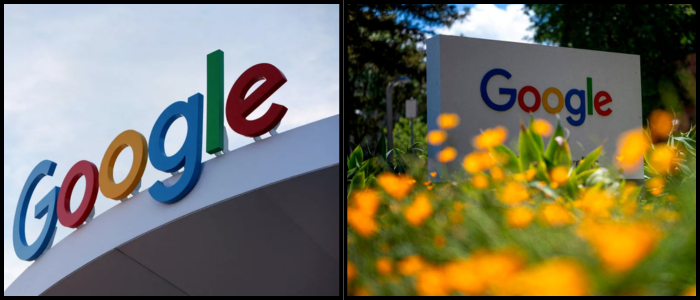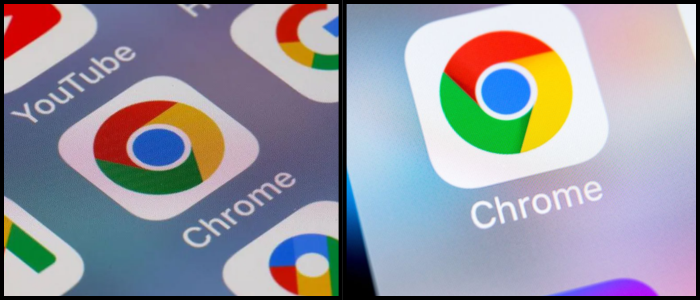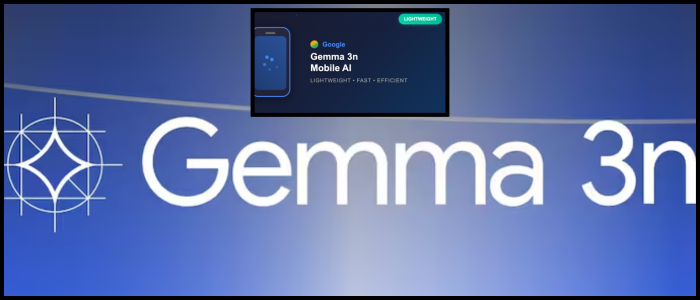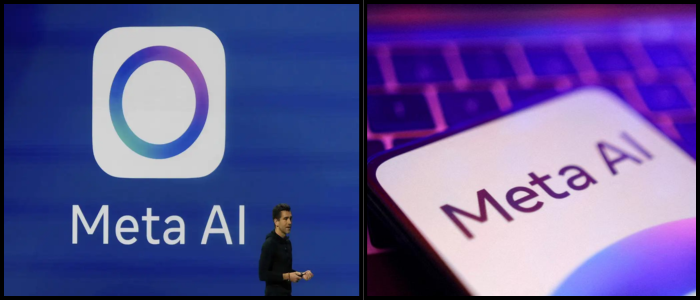Court Ruling and Remedies
District Judge Amit Mehta ruled that Google would not be forced to sell Chrome or Android because the forced sale would cause a stoppage in operations. However, it has been required to share its search data with competitors and is prohibited from entering exclusive contracts with products like Google Search, Chrome, Google Assistant, and the Gemini app. Phone makers, including Apple, Samsung, and Motorola, can now pre-load or promote search engines, browsers and AI assistants that are alternatives to those produced by Google.
The Department of Justice had initially sought the sale of the browser Chrome, but as the ruling prevented that, Google kept ownership. Instead, it offered more modest remedies, like limiting revenue-sharing agreements with Apple and others. In 2021, Google reportedly paid over $26 billion to secure revenue-sharing agreements. Judge Mehta ruled that a sale of Chrome would not be proper for this case.
Reactions from Google and Market Response
Google viewed the order as a victory for the company, as it was ideally what the company wanted, and they attributed the ruling partly to the rise of artificial intelligence that changes how people consume information. Google maintained that its market dominance is a result of a search product superior to the competition, which includes its preference among consumers. Alphabet, Google's parent company, saw its shares rise by over 8% when the announcement was made.
The ruling also messes with Google's search deal with Apple by requiring renegotiation every year, benefiting its distribution partners. The search business from Google is projected to generate nearly $200 billion in 2023 alone, with tens of billions expected to be distributed to its partners, thus making the ruling favourable to big corporations.
Mixed Response from Competitors
Some consider this ruling a good result for big tech, but other competitors, such as DuckDuckGo, think the order should have done a better job limiting Google's reach. DuckDuckGo's CEO, Gabriel Weinberg, said without more aggressive orders, consumers still won't be better off with more access and choice.
The ruling does not end Google's legal issues. At the end of this month, the company will move towards a trial for a separate case focused on claims that it has been engaged in monopolies in online advertising technology.
Tech

Google avoids break-up but faces data sharing order

Google has avoided a forced sale of its Chrome web browser and Android system, but it will be subject to new restrictions that come out of a U.S. federal judge's ruling. The ruling comes after a lengthy court battle regarding the company's dominance of online search, especially in its position as the default search engine among competing apps and platforms.















